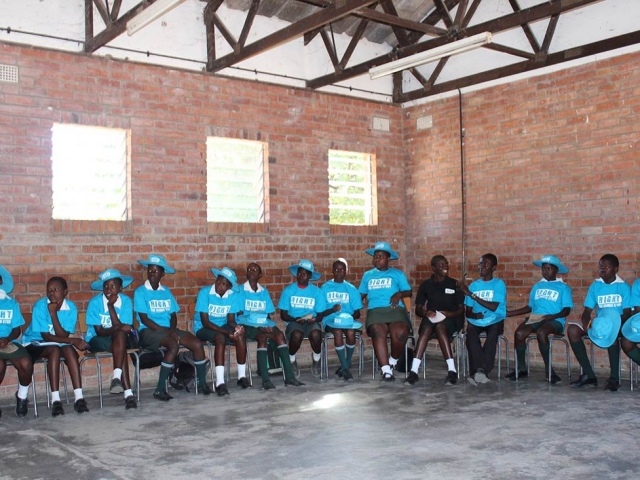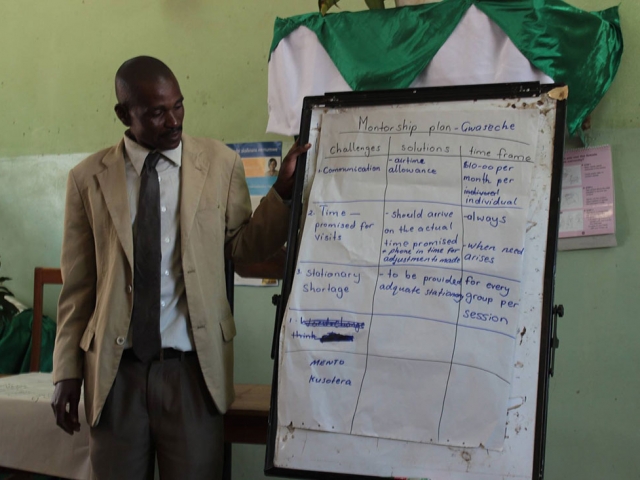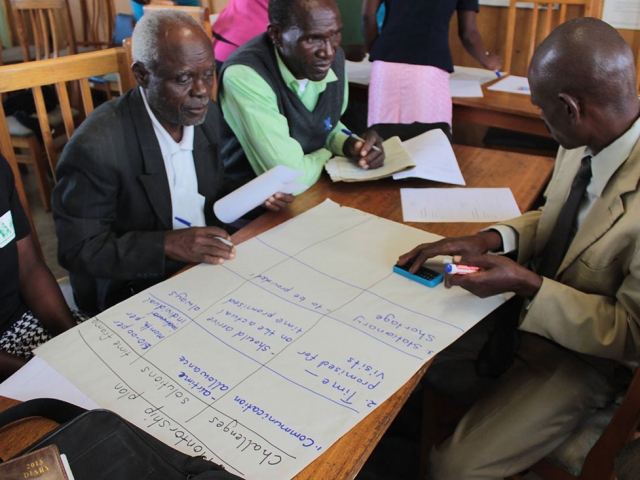This week (4-6 June 2016), Sonke Gender Justice and SAfAIDS, a regional non-profit organisation based in Zimbabwe, whose work is to promote effective and ethical development responses to sexual reproductive health and rights (SRHR), HIV and TB through advocacy, communication and social mobilisation, have been on a mentorship and support visit to two of the four districts that are implementing the Changing the River’s Flow – A Gender Transformative programme for Young People (CTRF 4 YP).
The programme is being implemented in Zimbabwe and it is aimed at marginalised communities that are hard to reach. It targets the farming and mining communities around these objectives:
- To build the capacity of local partners on gender norms transformation;
- To promote positive gender norms and values among young people to reduce gender-ased violence and HIV;
- To engage community leaders and parents to reduce harmful cultural and religious practices; and to
- Advocate for laws and policies that enhance equitable gender norms transformation.
The main purpose of this week’s visits to Chiredzi, in Masvingo province, which is located in south-east Zimbabwe, and Hangwe, which is situated in Matabeleland North province in north-western Zimbabwe, is so that SAfAIDS and Sonke Gender Justice trainers can provide follow up mentoring and support, which is scheduled to take place once per quarter, to implementing partners in schools, youth clubs and communities.
A number of activities have been conducted during the visits, including a mentoring session with gender transformation facilitators, discussions on the implementation of the programme and its impact and challenges, and a robust session with 30 young people in Hangwe to examine and understand young people’s understanding and responses to the intersections of gender, culture and religion.
The objectives underpinning the visits are the following:
- To ensure that every implementing partner has a mentorship and support plan;
- To provide ongoing capacity development of community gender transformation facilitators;
- To monitor that clubs and community dialogue sessions are delivered as per schedule;
- To ensure quality delivery of sessions with the stipulated number of participants; and to
- Recommend remedial action plans in the event that challenges are being experienced in the implementation of the programme.
From this process, there are a number of expected outcomes, which include:
- Enhanced capacity and increased knowledge and skills on HIV, gender-based violence (GBV) and sexual reproductive health and rights (SRHR) among community gender transformation facilitators in delivering quality in-school and community dialogue sessions;
- Increased understanding of gender norms transformation processes within schools and surrounding communities;
- Increased engagement and commitment by leadership and parents, including other community gender transformation facilitators to cascade the programme at local level; and
- Improved financial and programmatic reporting by implementing partners.



